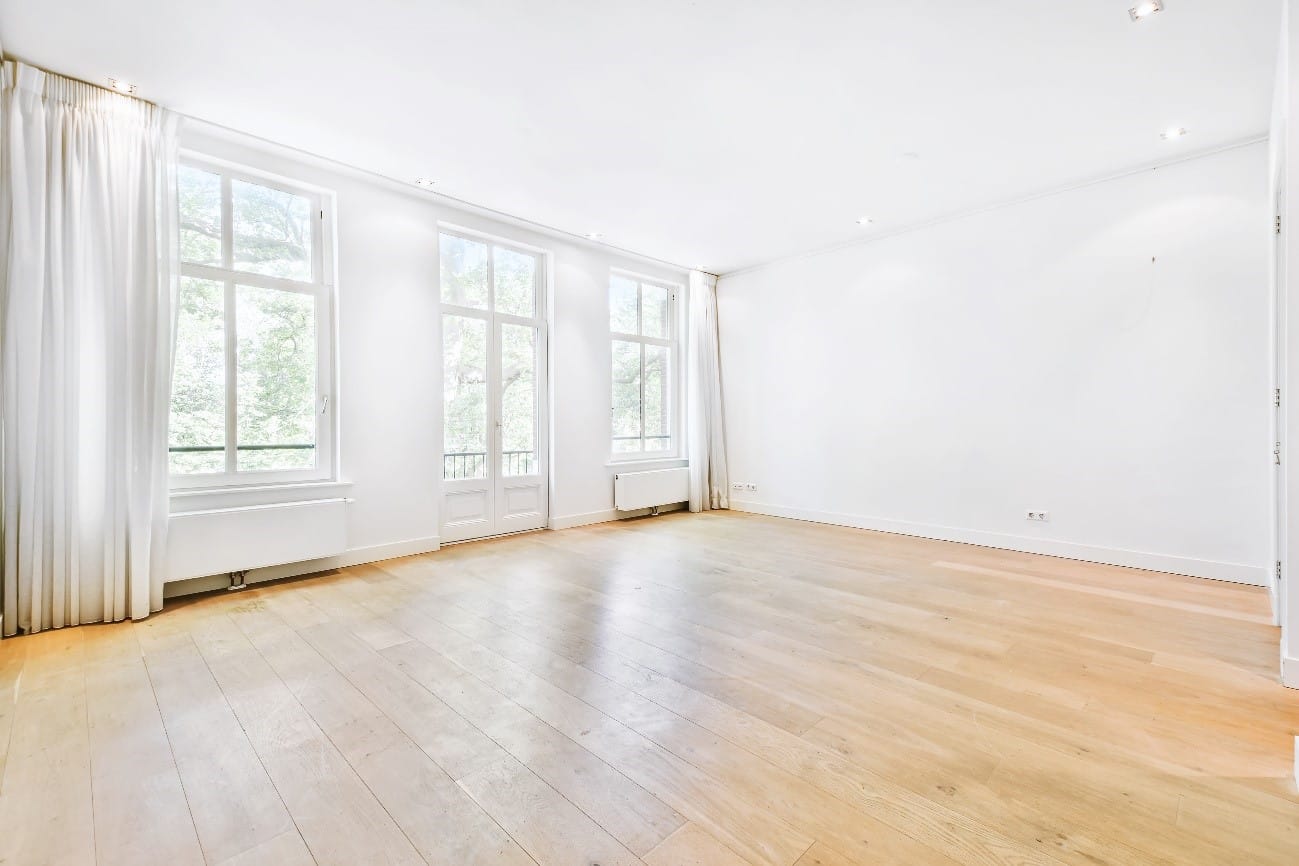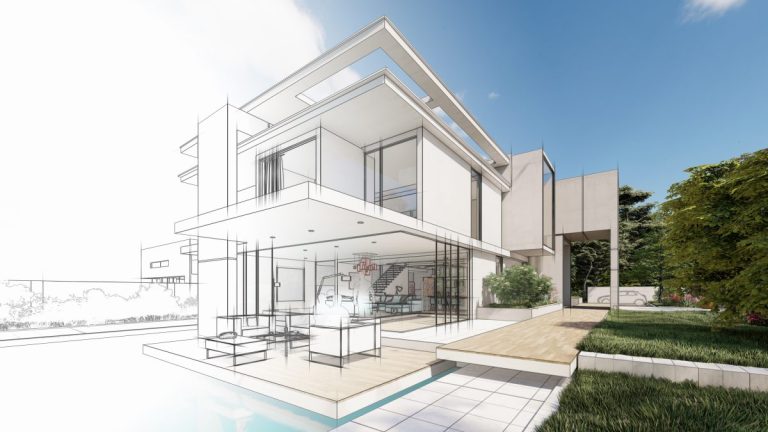When you are considering an integral reform or the construction of your new home, there are factors that you must prioritize before starting the work. One of them is the choice of materials and at the top of these decisions: choosing the best floor for each room. And you may ask, why is this finish more important than the rest? You have to take into account that the floor is a determining point to give personality and character to your home. Not only will it visually affect your entire home, but it also adds an unquestionable sensory component. When you step on one type of floor or another, the difference can be abysmal, as well as the touch, the warmth or the noise produced when you walk over it. For this reason, when choosing the floor finish, you should not only look at the final aesthetics or price, there are other factors such as durability, maintenance conditions and installation that you should assess according to your needs.
Before choosing the type of flooring for your home, we advise you to review some of the most common mistakes when renovating a house and the steps you should follow in a comprehensive reform. We tell you about them in these articles:
The 7 phases of a complete renovation [PUNTOS CLAVE]
Mistakes to avoid when renovating your home
There is a wide variety of floor covering materials on the market, but in this article we will talk about the 6 most common types:
- Laminate flooring
- Wood flooring
- Natural stone floors
- Vinyl flooring
- Tile floors
- Microcement
Below, we will detail each of these materials with some of their characteristics to make it easier for you to choose which one will best suit your home. Here we go!
Laminate flooring
These floors have the ability to mimic the look of wood, stone, textiles or some metals, but are much easier to maintain than most of them. These floors are made up of thin sheets and are very easy to install and economical. For these reasons, their popularity has increased in recent years.
One drawback is that it is not very water resistant, so it is not recommended for bathrooms or, in general, for homes exposed to large areas of humidity.
Wood flooring
The thickness of these sheets usually varies between 1.5 and 2.5 cm. There are dozens of woods that can be used to pave the floor of a house and depending on the country, there will be plenty of some or others. If, even so, you are not convinced by any of the natural base tones of the woods, stains and varnishes can be used to modify the tone and brightness of the piece.
One of its best qualities is the warmth or naturalness that it transmits to the home, besides being a very pleasant material to the touch. On the contrary, wood is an insulating and very absorbent material, so it is not advisable to use it in case you plan to place a radiant floor or in wet areas, such as the bathroom or kitchen.
Natural stone floors
This type of floor has a very similar performance to stoneware, they are resistant to humidity, compatible with radiant floors and have a long durability. One of the factors that makes them stand out in the hearts of many users is that each stone is unique and its result can be spectacular. This material is very common in kitchen floors.
Its thickness is greater than most pavements and ranges between 2 and 4 cm. This, added to the high weight of the pieces and their fragility when transported, increases their price and installation time.
Vinyl flooring
This finish is very similar to laminate flooring, but thanks to its PVC composition, it is a much more waterproof and water resistant material. In addition, they are very flexible and that makes it difficult for them to break easily. Not to mention, it is the most economical option on the market. But you have to be well informed if this type of flooring is suitable for your home or the room where you plan to place it. Sometimes cheap is expensive!
Due to the low thickness of its pieces, vinyl floors are usually glued with an adhesive, without the need of using any underlayment. In addition, maintenance is minimal and easy to clean. However, if some of the pieces break or become stained, they cannot be sanded or modified; the entire piece must be replaced.
Tile floors
This is the type of flooring that is usually used in bathrooms or kitchens. In the past, it was used in several rooms of the house, but due to its fragility, it is currently only used in small areas. Ceramic and porcelain are some of the most commonly used tile materials.
Among its advantages, we find its economic price, its easy installation and a great impermeability, thanks to its glazed part. However, it is a delicate material, prone to cracking and is not warm to the touch.
Microcement
Microcement is a type of continuous, seamless flooring. One of its most popular advantages is that it can be applied on top of already made coatings, without having to remove the floor and also avoiding costs. There is not much variety with this finish, but it is possible to alter the color, roughness or shine of the piece.
This finish does not crack easily and is very versatile, so it could be applied in any room of the house. It also does not need any support material and is waterproof. One of its disadvantages is that it requires more delicate maintenance than most materials. Especially during the first month after installation, care must be taken to avoid dragging something over it, scratching it or even cleaning it. Even so, if it becomes damaged over the years, a new layer can be placed over the damaged area, and that’s it!
As you have been able to see, each material has certain advantages and disadvantages, so now it’s your turn to evaluate what your priorities are when choosing the type of flooring. At VadeCasa I+ we know that this can be an arduous task and that is why we take care of everything. In all our integral reforms and construction works from 0, we study the characteristics of the house and the requirements of our clients, so that we find the best solution for each home. We adapt 100% to you!
If you have any doubts or you are thinking about renovating your house, do not hesitate to contact us. contact with us so that we can advise you, without obligation!


![Read more about the article Steps to build your house from scratch [Guía definitiva]](https://vadecasa.pro/wp-content/uploads/2020/01/Pasos-para-construir-tu-casa-desde-cero-guia-definitiva-768x432.jpg)
